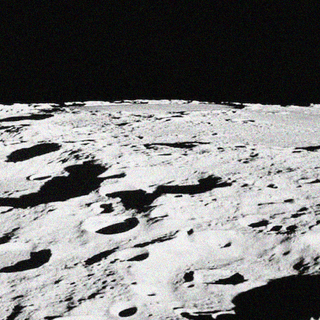Oceanic features have maintained relatively stable conditions thanks to the ocean’s “memory” — a mystical, intangible thing going back to the beginning of time itself. The Earth might be considered a living being of its own; so too might our seas.
Ocean memory has sustained marine life as we know it; its dependability also holds clues to disruptive forces as well as fair weather on land. But climate change may be about to change this: like many other forces on Earth, warming temperatures may be about to wreak havoc upon the mighty oceans’ cognitive record.
“Ocean memory, the persistence of ocean conditions, is a major source of predictability in the climate system beyond weather time scales. We show that ocean memory, as measured by the year-to-year persistence of sea surface temperature anomalies, is projected to steadily decline in the coming decades over much of the globe,” notes a new paper, published in Science Advances.
Scientists sounding the alarm on the loss of ocean memory note that it is not just an awe-inspiring literary metaphor, but a very real phenomenon. In terms of the real numbers, ocean memory is characterized by thermal inertia in the ocean’s upper layers, called the upper-ocean mixed layer (MLD). Sea surface temperatures (SST) in this region, in other words, have remained fairly inert, despite atmospheric variations.
Related on The Swaddle:
Earth Itself May Be an Intelligent Being, Suggests New Theory
But researchers predict that this could change soon, with temperatures set to vary unpredictably. “…consequential impacts on populations are likely,” the paper notes, adding that “The projected decline in ocean memory is likely to hinder ocean prediction efforts by reducing the lead times at which SSTforecasts, including those for MHWs [marine heat waves], are skillful.”
“We discovered this phenomenon by examining the similarity in ocean surface temperature from one year to the next as a simple metric for ocean memory,” explains Hui Shi from the Farallon Institute in Petaluma, California, who is a climate researcher and the first author of the study.
A process in fluid dynamics called “shoaling” lies at the heart of this predicament.The stability of the warmer top layer, or the MLD, is key to the ocean’s memory. But global warming could cause shoaling to thin out this layer, thereby eroding ocean memory.
“Future warming-induced MLD shoaling may also alter the statistics of temperature extremes, as the reduced thermal inertia of the mixed layer enables more rapid and pronounced temperature changes,” the researchers write.
In other words, it the loss of ocean memory precludes our ability to anticipate and prepare for temperature and precipitation-related events — to which we are already vulnerable even with the ocean’s memory to rely on.




